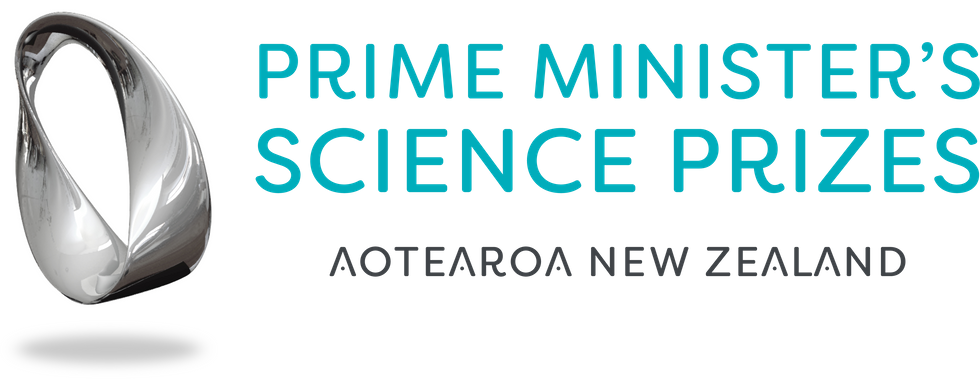2023 WINNER OF TE PUIAKI WHAKAPĀ PŪTAIAO THE SCIENCE COMMUNICATION PRIZE
Professor Ben Kennedy, a volcanologist from the University of Canterbury, has been announced as the winner of the Prime Minister’s Science Communication Prize.
Read media release about Ben’s prize
As a volcanologist, Ben has always been motivated to share his passion for volcano science with young people. After the eruption at Whakaari White Island in 2019, however, his expertise was also in demand from legal teams and media who were looking for answers. It was this experience that led Ben to rethink his approach to science communication. He had to take a step back and consider the messages he wanted to communicate, and communicate them on his own terms. He spent the next year reflecting on his feelings about the eruption and volcanic risk.
He talked a lot with other volcanologists about how they consider risk. He talked with colleagues involved in ongoing court cases. He agreed to act as an expert witness, and he continues to help police and lawyers with investigations. He does this because he felt he had a responsibility to provide honest answers to those in the community. He learnt that science communication should be inclusive and sensitive, and that it works best when it integrates the expertise and experiences of scientific experts and local communities.

When communicating with tamariki, Ben’s approach is simple – make learning about volcano science fun. He is known at his local primary school as “Volcano Dad”. Many of his original communication strategies emerged from natural volcano play and storytelling with his own children or visits to schools. But these ideas often grew into science communication research projects, where the ideas could be reinvented, researched and tested further, and the methods of science communication that Ben’s team now uses are always deliberate and based on research. Using the best evidence on education and communication, he’s led co-creation of interactive tools to deliver messages throughout New Zealand and Pacific Island countries. Ben uses diverse formats such as art and storytelling, computer and card games, puzzles, virtual fieldtrips, and camps for students and teachers. He has developed and delivered award-winning ‘massive open online courses’ on science communication about volcanic hazards.
Since Ben’s appearance over a decade ago in the first episode of Lava Chasers (a documentary series), scooping lava out of active lava flows in Hawaii, Ben has made appearances on other local kids’ TV shows. He has also appeared in various news articles and segments on TV and radio. While filming, recording or writing these segments, he’s learnt how to weave a story into the science. By combining narrative skills drawn from mainstream media with research on how tamariki learn, his team has developed ideas for how to make volcano science accessible to diverse audiences.
In January 2023, Ben launched his first large science communication event Volcanofest which tool place in Rotorua and was attended by nearly 1000 volcano scientists from across the world. Ben was determined that this conference was accessible to the community and recruited a local team of volcano science communicators and mana whenua, where they shared science with the local community. This involved art, poetry and scientific debate that was sensitive to whanau, and to the legal obligations of the scientists involved. Ben has demonstrated the tangible impact possible through science communication that is based on innovation and collaboration.
The experts on the selection panel for this prize were impressed with Ben’s thoughtful and mature approach to science communication and believe the benefit of his work will be wide-reaching in Aotearoa New Zealand and the Pacific.


